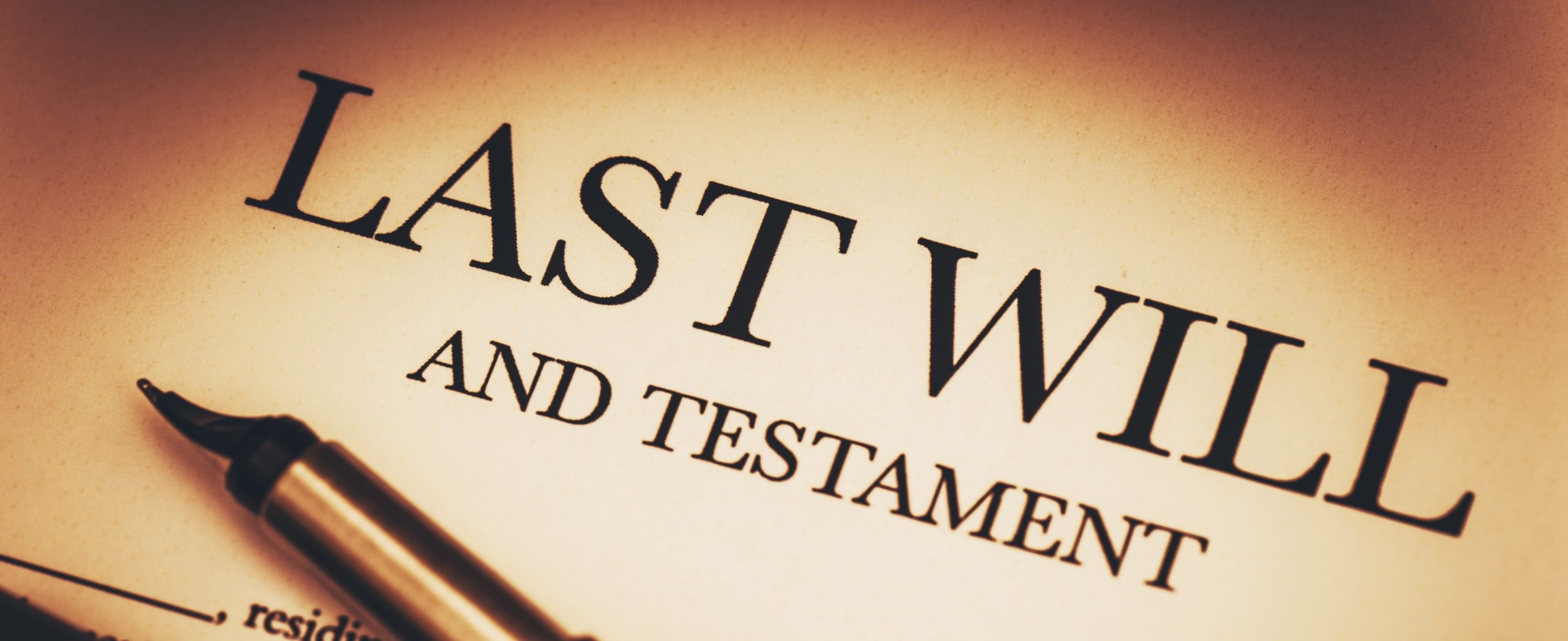Are you or your loved one thinking of moving into a retirement village? Moving into a retirement village is a big life decision – is the move right for you? This article outlines some key things to consider before making your next big life decision.
Making your will
A will is one of the most important documents you’ll sign during your lifetime. It’s important that you have one. It’s important also that you have the mental capacity to make one.

And it’s important that your will is prepared, not in haste, but with a thorough knowledge of your circumstances, and that due care and attention is given to your estate-planning needs.
One of the main purposes of your will is to have your say about what you want to have happen with your property after you die. In order for the will to be given effect, you must own that property when you die. This seems to be stating the obvious, but sometimes clients think they own property, when, in fact, they don’t. So don’t be surprised if your lawyer asks to be able to check this out, before drafting your will.
Legacies
If you want to leave chattels or personal effects to certain individuals, you must own those items of property when you die, otherwise the gifts will fail.
If you leave specified sums of money to beneficiaries, and there are insufficient funds in your estate to pay all the legacies, the beneficiaries will each receive less than you intended.
Life Insurance
Don’t get caught out with life insurance policies. There is a difference between being the life assured (the person whose life is insured) and the owner of the policy. Just because it’s your life which is insured, doesn’t mean that the policy proceeds will be paid to your estate when you die. The proceeds may be payable to your spouse, or your parents, or your children, if they own the policy, and, if so, the proceeds will not form part of your estate, and you won’t be able to leave them to anyone in your will.
On the other hand, while you may be the owner of the policy, if it’s not your life that is insured, then ownership of the policy will pass to the beneficiary in your will, but won’t yield any proceeds until the person whose life is insured dies.
Land
If you own land with another person, or other people, do you know how the ownership is held? There are two kinds of joint ownership.
You can own your land with another or others, as joint tenants. If your land is held in this way, then, when you die, ownership of the land will pass automatically to the other owner or owners, because they have survived you. You cannot gift land you jointly own in your will. Joint tenancy is most often found in properties owned together by spouses or partners.
In other cases, people may own land together as tenants in common. In this situation each owner owns a separate but undivided share, and can gift their share of the land to someone else. It doesn’t automatically pass to the other owner or owners.
It’s quite common where a person has re-married or re-partnered, but has children from an earlier relationship, to want to allow the second spouse or partner to have the use of property, for example, the home, during their lifetime, and for the property then to pass to the children of the first relationship once the second spouse has died. This is called a life interest. You must own the property outright, or as a tenant in common, to be able to leave a life interest in the property or a share in the property to another person, even if that person is your spouse or partner.
Family Trusts
If you have a trust, the chances are that you will have transferred property to the trust during your lifetime, and the trust will owe the purchase price of the property back to you, or to your estate on your death.
The amount of this debt back may have been reduced over the years by gifting off a portion of the debt each year. By the time you die, there may be no debt left at all. On the other hand, you might get run over by a bus the day after you transfer property to your trust, and the trust will owe you a large sum of money.
At the time of forming the trust, you may wish to change your will so that your estate is left to your trust, and any debt that the trust owes you is forgiven. This then enables your intentions for the trust to be fulfilled after you have died.
Other Provisions
If you have young children, your will can also appoint people to be guardians of those children.
Your will can provide directions as to how you would like your body to be disposed of, for example cremation or burial, or perhaps you would like to provide for donation for the purposes of organ transplant, tissue grafting or medical research.
The Kiss Principle
Some clients try to anticipate every possible scenario in the lives of the beneficiaries in their wills, and want to have endless alternative provisions included in their wills.
This can be very difficult for the person drafting the will, and increases the risk of inconsistencies and errors creeping in, not to mention additional cost which may be incurred.
While some peoples’ circumstances may be complex, the best approach is to keep things as simple as possible.
Value Your Will
Don’t underestimate the value of your will.
Your will is a document which is tailored to meet your personal requirements – one size does not fit all.
If you don’t have a will when you die, your estate will be administered in accordance with the provisions of the Administration Act, which sets out who is entitled to benefit, and to what extent. This may not be what you want to have happen.
Life is a terminal condition. Don’t wait until you’re about to leave the country or are at death’s door, to organise your affairs with a will. Take the time while you are able to carefully consider what you would like to happen to your property.
The Private Client team at Harkness Henry can help you with the professional advice and guidance you need to ensure that you have an effective and valid will.
This article is current as at the date of publication and is only intended to provide general comments about the law. Harkness Henry accepts no responsibility for reliance by any person or organisation on the content of the article. Please contact the author of the article if you require specific advice about how the law applies to you.


